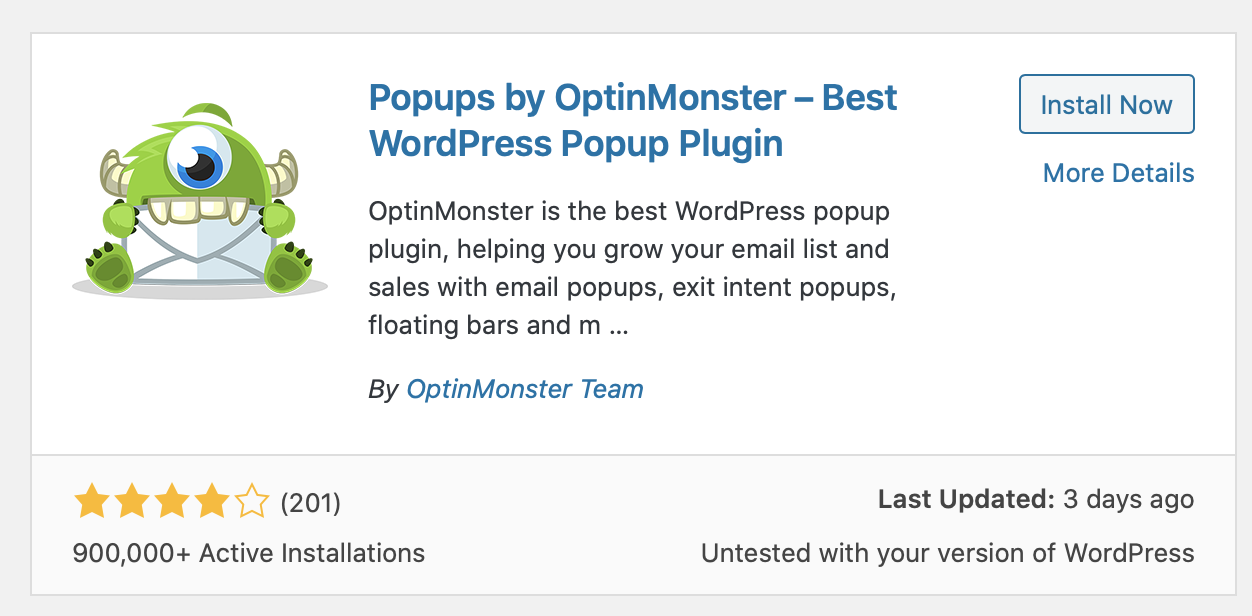
6 of the top WordPress eCommerce plugins to set up an online store
Posted 14th April, 2020 by Sarah
7-minute read
Selling is a skill in itself. Now the Covid-19 related lockdown is here, it’s even harder. According to Google’s Covid-19 Community Mobility Report, visits to places of retail and recreation are down by 82 per cent across the UK. Plus, road traffic levels have been reported to have fallen to 1955 levels as people stay at home to save lives.
Of course, it’s still permissible for people to shop online and for delivery drivers to operate. If you own a business that sells goods or services and you haven’t set up an online store yet, now is the time to do it. STET.
Recently, we ran an article on ‘5 of the best platforms to set up an online shop to weather Covid-19’. In this article, we’ll narrow the focus and home in on the top ways to set up an online store through the WordPress CMS.
We’ll look at the four ingredients that tell you that a WordPress eCommerce plugin is worth its salt. Then we’ll round-up six of the top WordPress eCommerce plugins to help you start selling online.
Of course, before you can access your WordPress eCommerce solutions, you’ll need a hosting package to support your site.
tsoHost offers hosting bundles that are optimised for WordPress websites that allow you to download the CMS in just one click.
All tsoHost’s WordPress hosting packages are also fully-managed, so you can focus on your creativity, products and customer service while we make sure your site runs as best it can.
4 things to look for when choosing a WordPress ecommerce plugin
1. Social Proof
Look at the plugin’s ratings and reviews, and pay attention to repeat experiences – a rogue, one-off positive or negative experience won’t tell you anything about what to expect.
Pay special attention to customer service feedback – there’s no ecommerce tool that’s 100 per cent perfect, so you’ll want to know that customer support will be there to help when you need it.
In the WordPress plugin library, you can find a plugin’s ratings and reviews on the side of the page. You can then open up a dedicated “Reviews” page that looks like this:

Popular plugins, which you can determine by the number of active installations, are often high-quality plugins. Also, when a plugin has a lot of active users, the developer can justify putting extra work into it, so those are the WordPress ecommerce plugins that get more attention and updates.
2. Customer Service
You didn’t design the plugin yourself, so why would you want to troubleshoot it on your own? Any tool you use should come with some type of support, whether that’s a WordPress support forum or a way to contact the developer. Even the best plugins can crash, which can make your website slow or inoperative.
Aside from reading user reviews, look at the plugin’s documentation to determine how to contact customer support. You can even get in touch with them to ask a generic question just to see how quickly they respond. Also, some developers are able to make changes for you right in WordPress, so you don’t have to do a thing.
3. Compatibility
Sometimes, you’ll look for a plugin in the WordPress library and see a note that says the plugin isn’t compatible or is untested with your version of WordPress:


You know you want that specific plugin, but you don’t want to cause a problem with your WordPress configuration. Often, compatibility issues are simply a case of having an out-of-date version of WordPress – or of choosing a plugin that hasn’t kept up with the latest WordPress releases.
First, make sure that your WordPress is always updated to the latest version. If it’s not, you’ll see a note at the top of the page when you log in.

Before updating, WordPress will remind you to create a backup of your website in case anything goes wrong. Backups are necessary because if something goes wrong during the update, you can easily revert back to the last version of your site that was stable and problem-free. When you’re finished updating WordPress, go back to that plugin to see if it’s compatible now.
Also, always check when the plugin was last updated. In the WordPress library, you can see this information on the bottom-right of the plugin preview. If a plugin hasn’t been updated in over a year, consider picking a different one.
4. Page Speed
WordPress ecommerce plugins aren’t guaranteed to be economical – some require a lot of bandwidth and can end up slowing your website down. First, check out reviews to see if other users have had performance issues. Then, if you find that some users did experience slower page speeds, look for an alternative. For example, there are a lot of shopping cart plugins available, so you shouldn’t have to choose the one that’ll slow down your site.
You can also use a performance-enhancing plugin to help counteract the effect. Of course, when you have a high-performing host, you’ll experience improved website performance, even during high-traffic times.
Now onto the plugins themselves….
6 of the best WordPress ecommerce plugins to help you sell online
We’ll split this section into two categories…
• Top plugins to build a store and grow your sales
• Top plugins for stores with digital products or services
Top plugins to build a store and grow your sales
WordPress ecommerce plugins can help you build an online store, sell either digital or physical products, or both, and grow your sales. You can also pick and choose the WordPress ecommerce plugins you use based on specific needs, like if you’re going to handle inventory yourself or you need fulfillment services.
Here are a few top options for building a store from scratch and growing sales...
BigCommerce

Huge brands rely on BigCommerce – think CamelBak and Skullcandy, for example. This cloud-hosted plugin seamlessly integrates with WordPress. It’s known for its high-quality performance and security, as well as its ability to scale.
In addition to helping you sell on WordPress, BigCommerce also has functionality that helps you sell on other ecommerce and social channels, like Amazon or Instagram.
BigCommerce comes with a lot of options for payment gateways (like PayPal or Stripe, for example), as well as fulfillment and shipping flexibility, so you can really set this one up in whatever way works best for your specific ecommerce business.
There are more than 80 responsive templates to choose from, too, so you don’t have to worry about designing your shop on your own.
Shopify

While Shopify is its own platform that operates outside of WordPress, there are several Shopify plugins that you can use to integrate your shop with your site.
Shopify is a powerful, all-in-one ecommerce platform that’s geared toward non-technical shop owners. If you don’t have experience building an online shop, you’ll still be able to easily find your way around Shopify – plus, they have excellent customer service.
Like BigCommerce, Shopify comes with a lot of options for taking payments, fulfilling orders and shipping. The inventory editor is especially user-friendly, and it includes a bulk importer to make adding your products a cinch.
WooCommerce

WooCommerce is owned and managed by Automattic, which is also WordPress’ parent company. Because of that, your WooCommerce store will always work well with your WordPress site. Oh, and it’s totally free. There’s also a ton of support out there, including thorough documentation, community forums, a knowledge base and a help desk.
WooCommerce comes with its own set of extensions and add-ons, so you may find everything you need within this one plugin. Not only does it support digital and physical products, but you can add affiliate products, too.
Top plugins for stores with digital products or services
Some stores don’t sell physical products. Some sell digital products that are available through downloads and others sell services like online courses or membership services.
These WordPress ecommerce plugins will help you build your store even when you don’t sell physical goods.
LearnDash

LearnDash is for brands that sell digital courses. Instead of directing visitors to another website, this plugin allows customers to purchase and access the courses all in one place. You can also set up a drip course so lessons are delivered on a schedule.
In addition to creating courses and tutorials, LearnDash also lets you give assignments to students or quiz them using various test layouts. Make your courses as casual or intense as you want. The drag-and-drop course builder is super easy to use, too.
Easy Digital Downloads

If your brand sells only digital goods, you don’t need a plugin that handles inventory, fulfillment and shipping. Go for Easy Digital Downloads, which works with just about any WordPress theme. The plugin has its own library of extensions, too, for things like:
• Free downloads so you can give new subscribers freebies.
• Recurring payments for subscriptions.
• Software licensing if you need to sell license keys.
Easy Digital Downloads also has options for letting customers leave reviews and for connecting with your newsletter service so customers always know about your latest products.
MemberPress

You can use MemberPress to build a membership option for your ecommerce website. When customers become members, you can offer them upgraded services, like exclusive content and VIP subscriptions. You can also use MemberPress along with another WordPress ecommerce plugin like LearnDash or WooCommerce.
You may want different members to have different types of access, depending on their subscription level. MemberPress lets you define access rules to restrict content when necessary.
Categories: COVID-19, WordPress, eCommerce, Small Businesses
